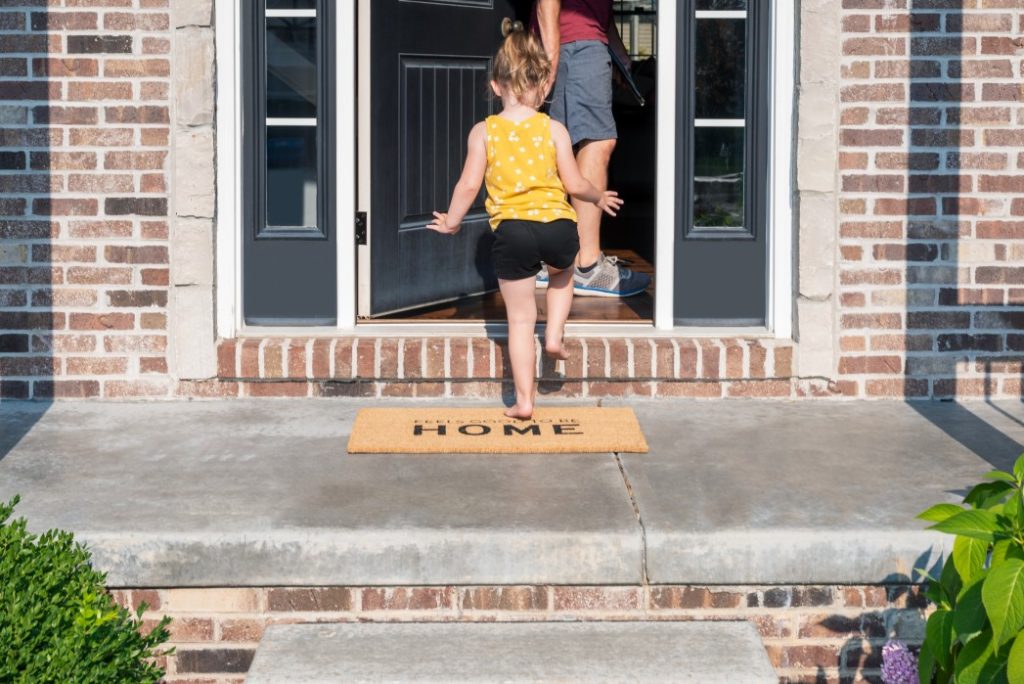New government legislation says that all privately rented homes must now meet minimum quality standards.
Britain is often characterised as a nation of aspiring homeowners. Unfortunately, for many people in the UK home ownership is becoming more and more out of reach as house prices spiral upwards. While there are all sorts of people proposing all sorts of solutions to this problem, most ideas centre around either bringing house prices down or making it easier for people to access large mortgages. One that rarely makes the headlines is asking more Brits to give up the home ownership dream entirely. But there are rich countries where the majority of people, including those on high incomes, choose to rent long-term. Germany is a famous example. Should Britain follow suit?
There can be substantial advantages to renting rather than buying. It makes it much easier to move to match your current circumstance - say for a cool new job or to upsize when you start a family. Tenants also aren’t usually responsible for fixing the various things that can go wrong with a building and its facilities. These sort of problems are often expensive and hard to predict. Indeed, having to shell out thousands for a new boiler or finding out that your home is worthless unless you retrofit its cladding constitutes a financial emergency for many people, severely impacting their bank balance and their wellbeing. Less buyer demand for property in the UK could also push the cost of housing down generally, improving everyone’s standard of living.
But there is one big problem with this idea of the UK happily becoming a renter-based society: renting is currently an expensive and exploitative experience for many Brits. According to the English Housing Survey, one-fifth of privately rented homes do not meet the minimum standards expected for living quarters. (These homes are also geographically concentrated in the North and Midlands, meaning one-third of homes there are in poor condition.)
One reason why this is the case is because in the UK there is a big mismatch between the demand for decent, affordable housing, and the supply of decent, affordable housing (i.e. how much of it there is available). As everyone has to live somewhere, the tenants with the fewest resources have to take what they can get. As long as this remains the case, landlords will continue to hold substantially more power than tenants do, with the end result that it is their convenience, wealth and wellbeing that tends to be prioritised. Rents can be repeatedly raised. Tenants can be evicted without much warning. Repair requests can be ignored. Rules can be imposed which limits the tenants’ ability to make their own decisions, including on things like decorating and pet ownership. And many Brits will continue to conclude that purchasing property is the best way to protect themselves from encountering these problems.
Of course, this situation could be flipped if supply overtook demand, but that doesn't look likely to be happening any time soon. Instead, a different economic tool is being deployed to try and tackle the rental market's problems: government regulation. The UK government has announced that it will be introducing new rules to force landlords to make sure their buildings abide by the Decent Homes Standard. That means they’ll need to be in good nick, without things like damp or bugs, have modern facilities and services, and be properly insulated and heated. Michael Gove, who is currently the Minister for Housing, said he expects 800,000 homes to be upgraded in the next decade, which would be about half of the current stock of non-decent dwellings.
However, many housing advocates are worried that the new rules will be hard for tenants, particularly the most vulnerable ones, to know about or enforce. In order to make a reluctant landlord comply with the regulation, the tenant would have to take them to court. But suing is a complicated, time-consuming and unaffordable process for many. And people may be particularly reluctant to take this route if they think there's a risk that they could be turfed out on the streets if they make a fuss about the person who owns the accommodation they are living in.
Read our explainer on: is renting good for the economy?

